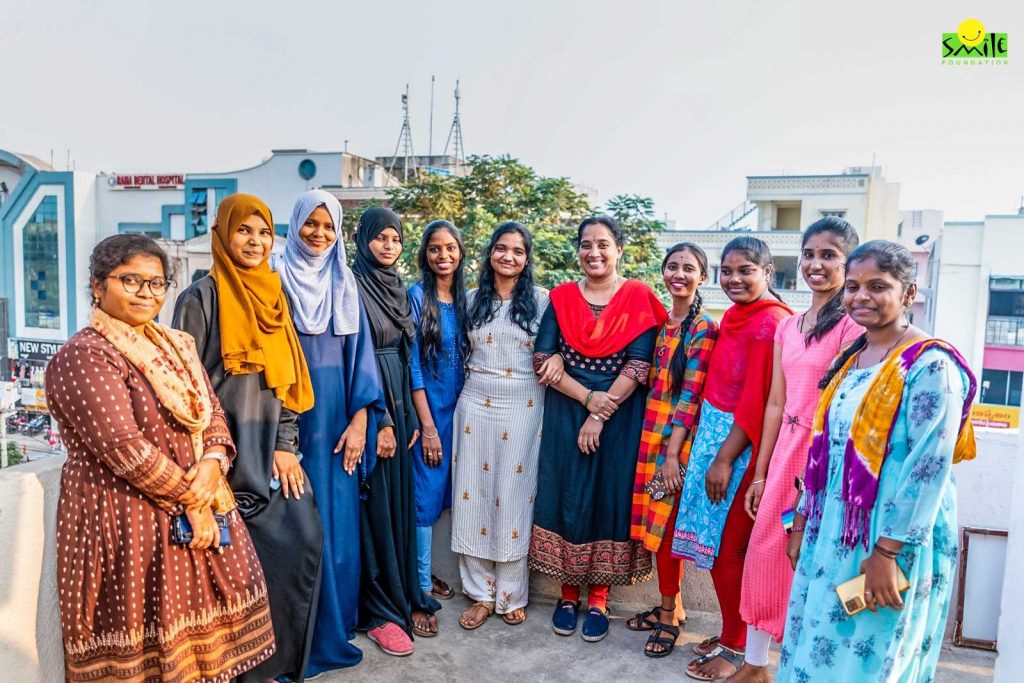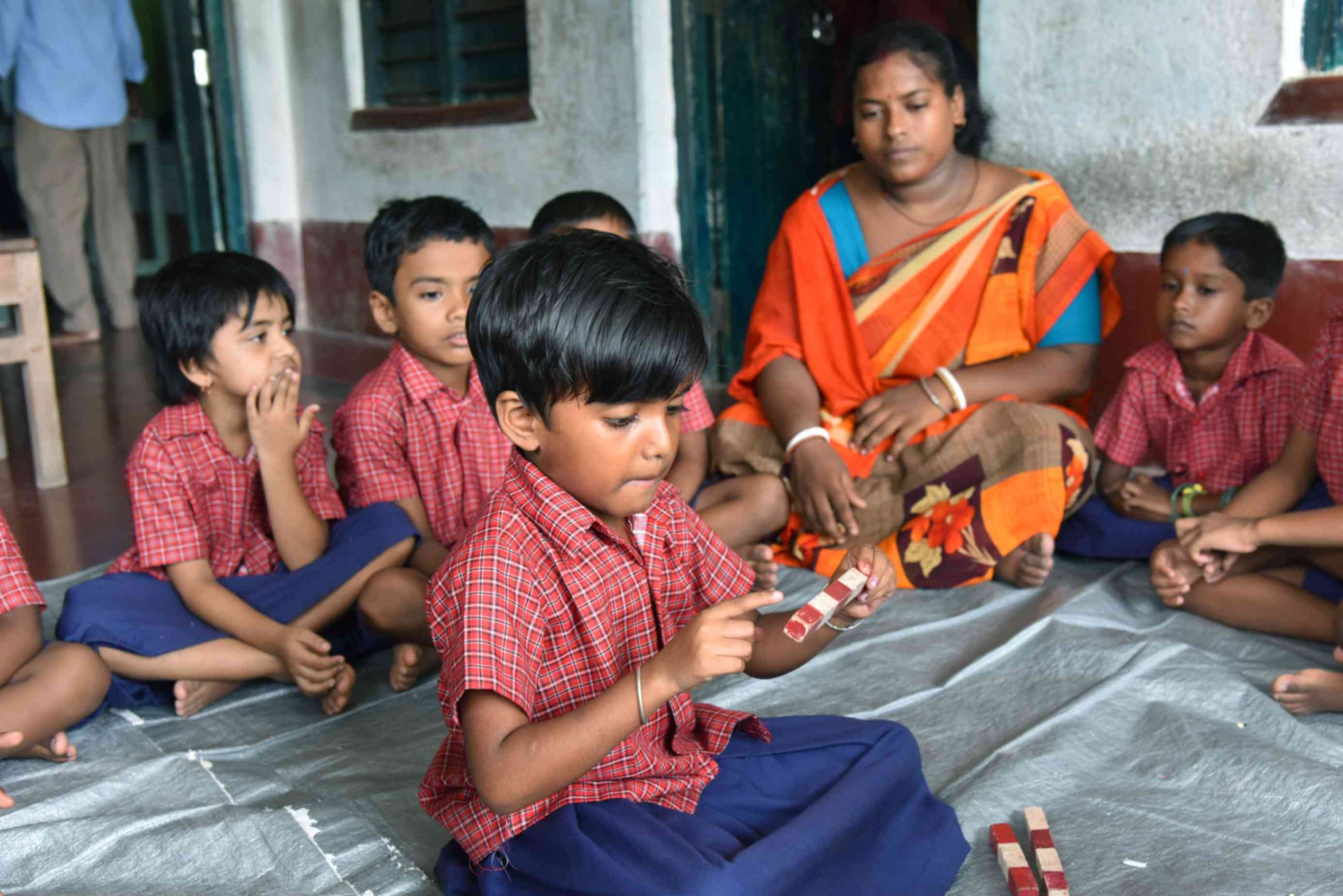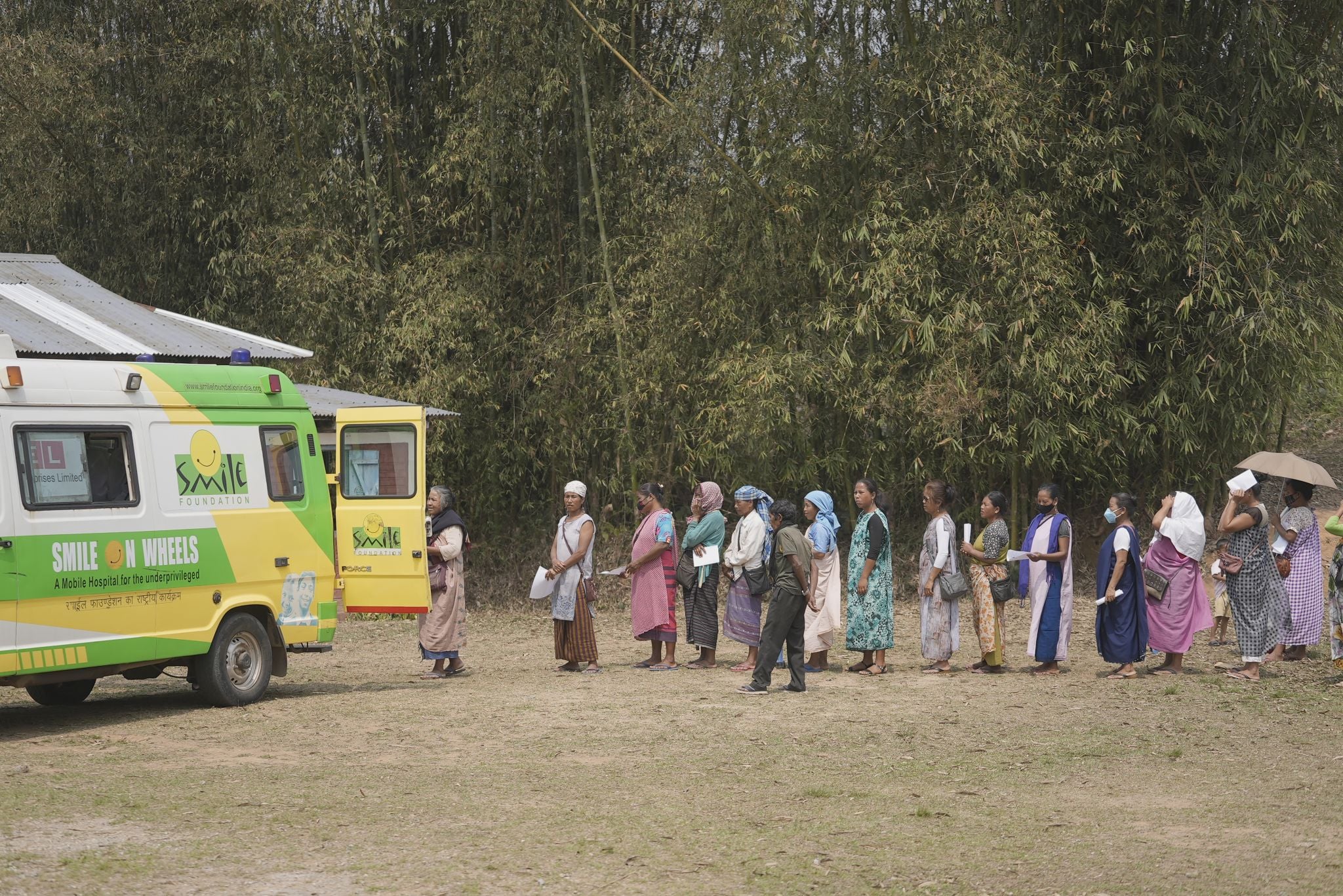Throughout history, the remarkable achievements and invaluable contributions of women to society have frequently languished in the shadows of oversight and underappreciation. The pages of school history books, all too often, relegate the vast spectrum of female accomplishments to brief chapters on the suffrage movement or one-sentence nods, neglecting a thorough acknowledgment they rightfully deserve. This tendency is exacerbated by a myopic focus on the achievements of white women, sidelining the monumental contributions of women of color.
In recent times, a concerted effort has emerged to spotlight the importance and significance of female creators, innovators, and changemakers. A burgeoning array of projects, from books chronicling the diverse triumphs of women to films and shows rightfully putting women into the limelight, reflects a growing repository of narratives placing women at the forefront. Among these endeavours stands an anthology penned by the acclaimed author and women’s rights activist, Nina Ansary.
The anthology, titled “Anonymous Is a Woman,” presents 50 insightful profiles of female innovators from across the globe. By paying tribute to these groundbreaking women and their indelible contributions to humanity, Ansary attempts at rescuing many from the clutches of obscurity and affording their stories the meticulous documentation they so rightly merit. The anthology draws its name from a renowned quote in Virginia Woolf’s “A Room of One’s Own”: “Indeed, I would venture to guess that Anon, who wrote so many poems without signing them, was often a woman.”
As we commemorate International Women’s Day today, let us reflect on five of these untold stories, honoring the resilience and brilliance of women throughout history.
Bibi Khanoom Astarabadi
Iranian girls’ schools owe a great debt of gratitude to the trailblazing educationalist Bibi Khanoom Astarabadi. In an era where women had scant presence in public life and minimal rights, Astarabadi embarked on the formidable mission of establishing a school for girls, showcasing her feminist spirit with a dash of wit.
Born in 1858 or 1859 to military commander Mohammad Baqer Khan Astarabadi and Khadijeh Khanom, a tutor to royal children, Astarabadi’s upbringing was marked by a commitment to learning. After a failed marriage, she became a prominent figure in Iranian history, championing the education of women.
In the backdrop of societal changes and the spread of Western ideas, an anonymously-authored book titled “The Edification of Women” surfaced in 1891, espousing patriarchal views. Displeased with its content, Astarabadi authored a rebuttal, “The Imperfections of Men” (1895), employing satire to challenge prevailing notions.
Her most enduring legacy remains the establishment of the first girls’ school in 1906 during the Constitutional Revolution. Despite facing opposition from conservative elements, Astarabadi’s perseverance led to the opening of the school, offering education and empowering young girls. The school, staffed solely by women teachers, addressed religious sensitivities of the time.
However, the opposition of the conservative clerics forced the closure of the school, prompting Astarabadi to open a new one the following year. Her efforts extended beyond education, encompassing the founding of an orphanage for girls and advocacy for women’s rights through newspaper articles.
Bibi Khanoom Astarabadi’s indomitable spirit and contributions to women’s education endure an indelible mark on Iranian history.
Savitribai Phule
Born on January 3, 1831, in a small village in Satara district of Maharashtra, Savitribai Phule is known for her social work, poetry, and education. An unforgettable figure in the liberation movement of women, she made history as India’s first woman teacher.
Savitribai, married to social activist and businessman Jyotiba at the young age of 9, faced societal constraints that restricted the education of women. Despite the challenges, Jyotiba became her mentor, teaching her to read and write at home. Undeterred by social norms and untouchability, Savitribai’s determination led her to enroll in a teacher’s training programme in Pune and Ahmedabad after completing her education.
Together with her husband, Savitribai pioneered the earliest girls’ school of India, breaking down patriarchal barriers and establishing herself as the country’s first woman teacher and headmistress. By 1851, she founded three schools for women in Pune, showcasing her unwavering commitment to education for all.
She also challenged societal norms by opening a home to prevent infanticide, providing shelter to widows and advocating against child marriage and the Sati tradition. She actively promoted remarriage for widows and raised awareness on crucial social issues.
Her inclusive approach to education made history when she appointed Fatima Begum Sheikh as the first Muslim woman teacher in the country, defying resistance from conservative communities. The contributions of Phule are immortalised in Pune University, a fitting tribute to her fierce advocacy for the education of women in India.
Eunice Newton Foote
In the 1850s, a remarkable woman named Eunice Foote, an amateur scientist and advocate for women’s rights, made a groundbreaking discovery about greenhouse gases that could have shaped modern climate science. However, her scientific paper, presenting her findings, remained in obscurity for the longest time.
The ingenious experiment of Foote involved glass cylinders with various substances, including moist air and carbon dioxide, left in sunlight. Her 1856 paper highlighted the warming effect, with moist air and carbon dioxide exhibiting increased temperatures. Foote concluded that an atmosphere rich in carbon dioxide would result in a higher temperature on Earth.
Unfortunately, her contribution faded due to societal factors. Being an American woman at a time when European scientists dominated and facing gender bias, Foote, regarded as an amateur scientist, did not receive the acknowledgment she deserved.
Eunice Foote’s story raised questions about historical recognition and the challenges faced by women in science during her time. Despite her accomplishments, she labored in obscurity, leaving us to wonder what more she could have achieved if born in a different era.
Wang Zhenyi
In 18th-century China, where women were confined to prescribed roles, Wang Zhenyi emerged as a luminary figure challenging societal norms. Born in 1768, she defied the limitations imposed on women, embarking on a journey that embraced astronomy, mathematics, poetry and martial arts.
Coming from an academic lineage, Wang absorbed knowledge from her father, grandfather and grandmother, venturing into advanced mathematics and astronomy on her own at the age of 16. Her voracious appetite for learning led her to study both Chinese and European mathematical texts, including Euclid’s Elements.
The literary legacy of Wang encompasses at least 12 books, ranging from elucidations of mathematical theorems to original poetry. A self-taught scientist, she sought to democratise mathematical knowledge, rewriting complex treatises in accessible language and creating beginner-friendly guides on multiplication and division.
Her innovative teaching methods extended to a fascinating exhibit where she simulated lunar eclipses using a spherical lamp, a mirror and a round table. In a society entrenched in sexism and feudal norms, Wang Zhenyi broke stereotypes by tutoring male students, challenging the conventional role of women.
Beyond science, Wang wielded her pen as a weapon against societal inequalities. Her poetry, stark and direct, laid bare the wealth and gender disparities of her time, unmasking the misogynistic views prevalent among male academics.
Regrettably, time swallowed many of Wang Zhenyi’s works, but the fragments that endure reveal a formidable scientist, a devoted educator and a bold reformist. In 2004, the International Astronomical Union honored her legacy by naming a crater on Venus in recognition of her pioneering contributions.
Elizabeth Freeman
In the wake of the Massachusetts State Constitution’s adoption, a resolute African American woman, Elizabeth Freeman, known as “Mum Bett,”seized the promise of liberty and became a figure of emancipation, challenging the very principles embedded in the constitutional fabric.
Born in slavery around 1744 in Claverack, New York, Mum Bett was thrust into servitude on the Hogeboom plantation. A twist of fate led her to Colonel John Ashley’s household, where she endured the cruelty of Mrs. Ashley. In an act of defiance, Mum Bett shielded her sister from harm, bearing a lasting wound as a testament to her mistreatment.
Fueling her quest for freedom were the echoes of ideals enshrined in the Sheffield Declaration, co-authored by Colonel Ashley. This declaration, proclaiming the equality and freedom of mankind, resonated with Mum Bett, inspiring her to enlist Theodore Sedgwick, a prominent attorney involved in its drafting, for her fight against enslavement.
In 1781, Mum Bett, alongside Brom, an enslaved man, initiated a legal battle by filing a “writ of replevin” with the Berkshire Court of Common Pleas. This act sought their release from Colonel Ashley’s grasp, challenging the very notion of their enslavement. The ensuing trial, Brom and Bett v. Ashley, became a pivotal “test case” examining the constitutionality of slavery under the new Massachusetts Constitution.
The courtroom drama unfolded with Sedgwick arguing that the constitution outlawed slavery, a stance validated by the jury. Mum Bett and Brom were declared free, marking a watershed moment. Although Colonel Ashley attempted an appeal, the specter of the Quock Walker trials, which deemed slavery incompatible with the constitution, loomed large.
Emerging from the shadows of servitude, Mum Bett reclaimed her name as Elizabeth Freeman. Despite the entreaties of Colonel Ashley, she chose not to return to his employer, opting instead for paid work in the household of Sedgwick. Freeman’s life burgeoned with multifaceted roles — healer, midwife, nurse — and after two decades, she secured her own home, a testament to her tenacity.
Women’s Day 2024
As we celebrate Women’s Day, let us not only honor the remarkable women of the past but also recognise the extraordinary achievements of women today and pave the way for those to come.
This Women’s Day, let us not only reflect on the challenges overcome but also look forward to a future where the potential of every woman can flourish unhindered. May the stories of Savitribai Phule, Bibi Khanoom Astarabadi, Eunice Foote, and countless others inspire us to champion gender equality, today and every day. Happy Women’s Day from Smile Foundation!









